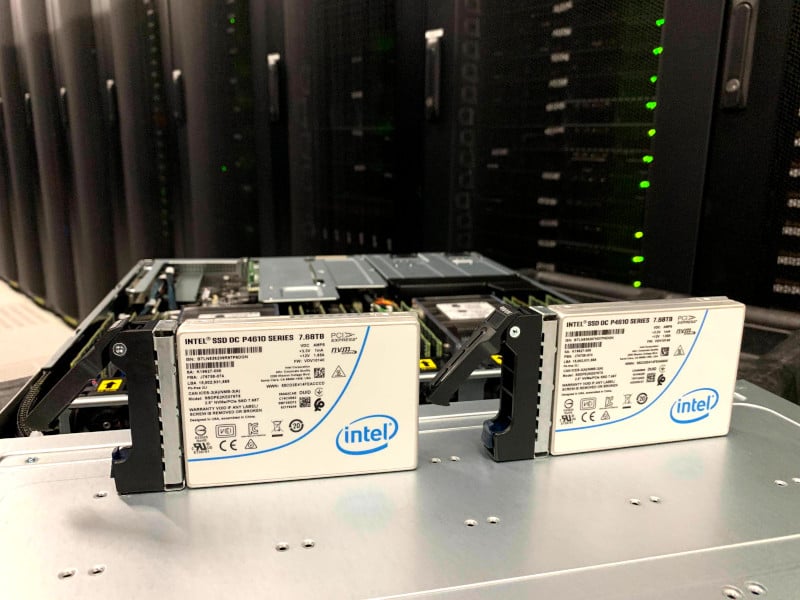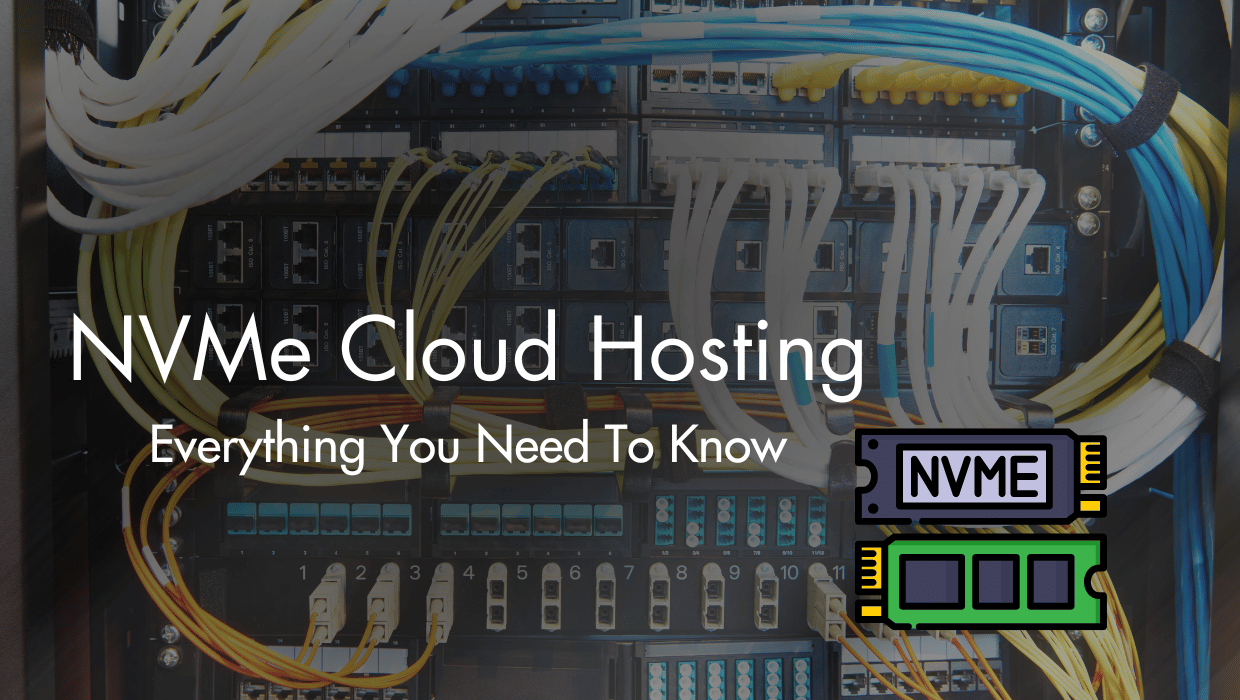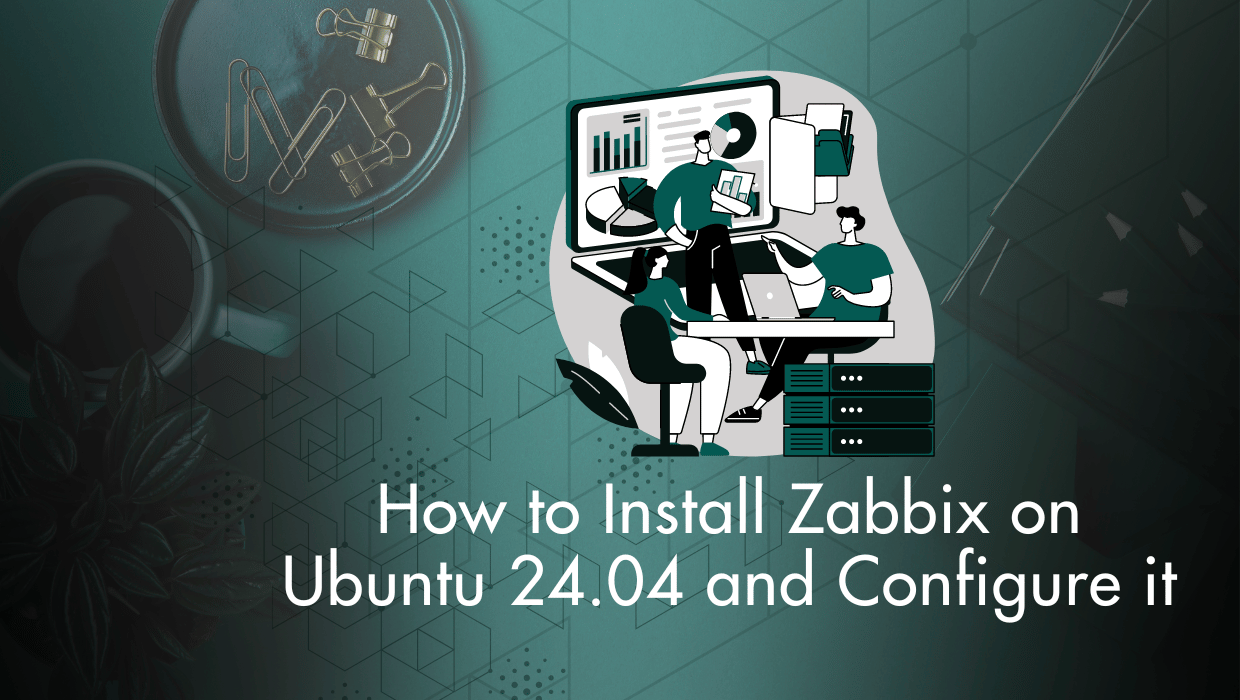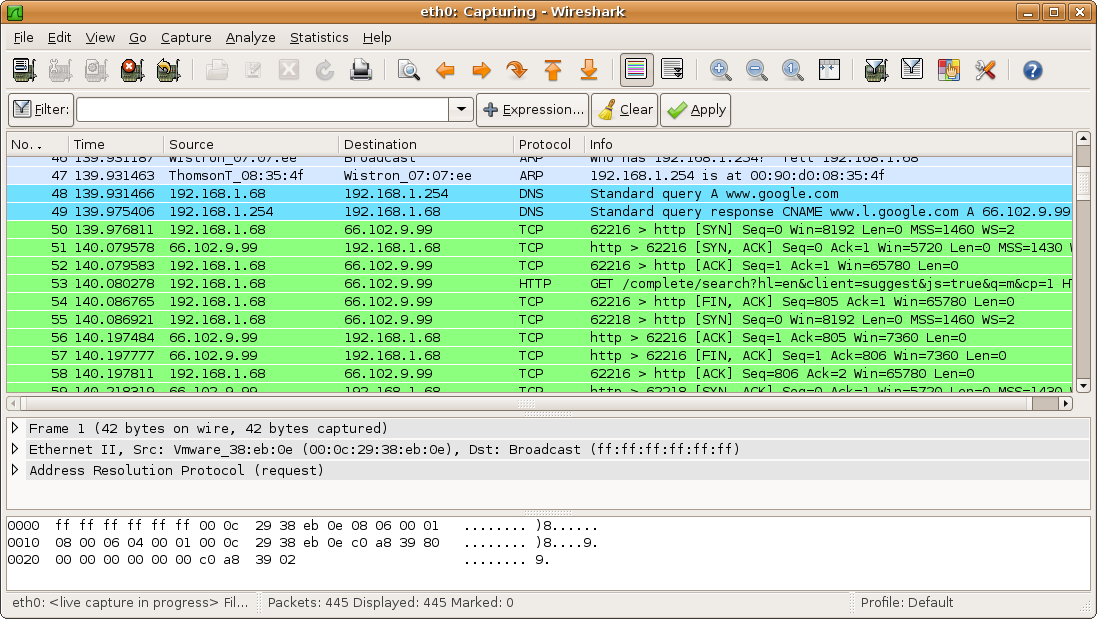If you're looking for lightning-fast performance for your websites or applications, NVMe VPS hosting is the answer. In this post, we'll break down what NVMe is, how it works, and why it's a game-changer for your VPS servers.
What is NVMe Cloud Hosting?
NVMe Cloud Hosting uses fast NVMe storage in cloud servers. NVMe (Non-Volatile Memory Express) drives transfer data much quicker than traditional SSDs. This means your websites and applications load faster and run more smoothly, providing a better experience for your users. It's perfect for businesses that need high performance and reliability.
What is NVMe?
NVMe, or Non-Volatile Memory Express, is a modern storage technology designed for high-speed data transfer. Unlike traditional SSDs that use older interfaces like SATA, NVMe connects directly to the computer's PCIe (Peripheral Component Interconnect Express) slot, transfering 25x more data than the SATA equivalent. This direct connection allows for 10x faster data transfer speeds, lower latency, and improved overall performance.

What is an SSD?
SSD stands for Solid State Drive, which is a type of storage device that uses flash memory to store data. Unlike traditional hard disk drives (HDDs), SSDs have no moving parts, which makes them faster and more energy-efficient.
SSD vs NVMe
Both SSDs and NVMe disks use solid-state storage to store your data. But this whole piece is about what NVMe is and why it’s better. So, what’s the difference?
The answer is in the e of NVMe.
The e in NVMe stands for Express, remember? In this case, Express refers to the new hardware interface protocol that was “designed to capitalize on the low latency and internal parallelism of solid-state storage devices.” (source) This means that an NVMe drive connects solid-state storage to the rest of the machine using a newer, faster interface.
That’s the difference between an SSD and NVMe drive: Both use the same solid-state storage technology to hold your data, but NVMe uses a much faster hardware interface.
SSD Hosting vs NVMe Hosting
When we say “SSD,” as in “SSD cloud hosting,” it means that we’re talking about solid-state storage connected via slower SAS or SATA interfaces.
When we say “NVMe,” as in “NVMe cloud hosting,” we’re talking about SSD storage connected via the next-generation Express interface.
Here at SSD Nodes, we have been using blazing fast SSD NVMe disks for all our servers since 2018, check out our super affordable NVMe cloud hosting plans.
Why NVMe is Faster and by How Much
As I mentioned earlier, the Express interface is a vast improvement over previous SAS/SATA interfaces.
A good SSD drive might be able to read 550 megabytes of data per second (sequentially) and write 520 megabytes per second, assuming it is connected to a fast SAS or SATA disk interface.
This same drive might be capable of 10,000 input/output operations per second (IOPS).
Onto NVMe:
A good NVMe drive might deliver 3,000 megabytes per second (sequential) read/write and 600,000 IOPS (random read). Some of the fastest NVMe drives can read at speeds up to 7 GB/s and write at 5-6 GB/s
We can now make the pretty direct comparison:
SSD | NVMe
550 MB/s read | 3,000 MB/s read
520 MB/s write | 3,000 MB/s write
10,000 IOPS | 600,000 IOPSOur NVMe drives score a little bit better than that—3,200 MB/s and 640,000 IOPS.
The difference is pretty clear: NVMe offers about 6X faster data transfer and up to 60X better IOPS performance. At SSD Nodes we make performance even better by mirroring all our customers’ data across multiple drives.
We effectively double our read performance (shared by all customers on the host node)—the equivalent of 6,400 megabytes per second and 1,280,000 IOPS random read.
Mirroring theoretically brings read performance to roughly 11X faster than old SSD storage.
FAQ NVMe Cloud Hosting
Why is NVMe Cloud Hosting faster than traditional SSD hosting?
NVMe drives use a more efficient interface (PCIe) to connect to the server, reducing latency and increasing data transfer speeds. This makes NVMe Cloud Hosting significantly faster than traditional SSD hosting, where SSDs use older, slower interfaces like SATA.
Who should use NVMe Cloud Hosting?
NVMe Cloud Hosting is ideal for businesses and individuals who need high performance and reliability for their websites and applications. It's especially beneficial for high-traffic websites, online stores, and any applications that require fast data processing and quick load times.
How do I migrate to NVMe Cloud Hosting?
Migrating to NVMe Cloud Hosting involves transferring your data and applications from your current hosting environment to a new server that uses NVMe drives, such as SSD Nodes. Many hosting providers offer migration services to help you with this process, ensuring a smooth transition with minimal downtime.




